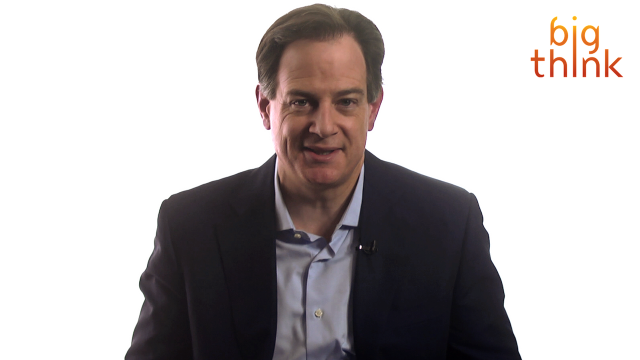Automation: Most White-Collar Jobs Aren’t As Safe As You Think

It’s long been assumed that automation will lay waste to blue-collar jobs across the world. The corollary to that assumption is that while robots will be able to surpass the physical abilities of a human workforce, their cognitive and intellectual power would be no match for white-collar work. Well, that’s not the case. Not anymore and not by a long shot, as Big Think expert Andrew McAfee notes in the video below. And as Erik Sherman writes over at Fortune, automation is already at work disrupting traditionally white-collar jobs:
“Researchers are beginning to see that artificial intelligence, robotics, and new disruptive technology are challenging white-collar professions that previously seemed invulnerable.
Look at FedEx. ‘They hope that by 2020 they will have a pilot center with three or four pilots that fly the FedEx fleet [of hundreds of planes] around the country,’ said Frank Tobe, editor and publisher of The Robot Report, a publication that tracks and analyzes the robot industry. Or there’s education. ‘I invested in one company that uses robots to teach mathematics in schools,’ said Dmitry Grishin, CEO of Russian tech giant Mail.Ru Group and head of robotics VC firm Grishin Robots.”
Sherman’s piece focuses on five career industries currently in the process of an automation switch. They are: financial and sports reporters, online marketers, anesthesiologists and surgeons, and financial advisors/analysts. Check out the link to the article below to read his case for each.
Read more at Fortune.
Photo credit: Everett Historical / Shutterstock





